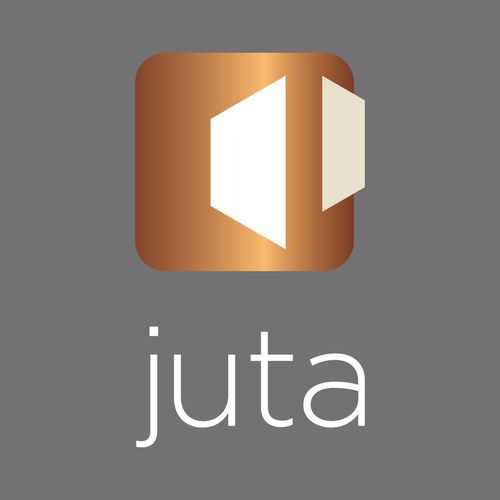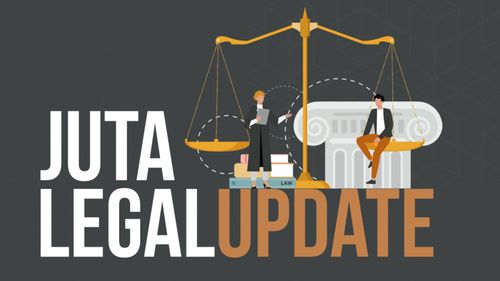- Home
- Products & Services
- About
- Blog
- Faq
- Contact Us
There is one government department that is extremely efficient, and that – unsurprisingly – is SARS, the South African Revenue Service. Their renewed crackdown on tax avoidance netted billions in the last financial year; it received almost R3 billion from 117 investigations. You do NOT want to be the subject of one of those inquiries, and we are here to help you avoid that.
Paying tax comes with rights and responsibilities, and as Einstein said, anyone can know a subject – the point is to truly understand. By being an educated taxpayer you can know what you are obliged to pay, where you can claim, and what that tax gets you.
GOOD NEWS FIRST – WORK FROM HOME TAX
It makes those months locked-down at home with the kids (almost) worth it – you can now claim a tax deduction if you worked from home for more than half of your total working hours (or for more than six months).
- You must have spent more than half of your total working hours working from home
- You have a letter from your employer stating that you work from home and confirming the percentage of time spent there
- You have an area of your home exclusively used for work
- Your office is specifically equipped with the relevant instruments, tools and equipment needed to do your work
If you meet these requirements, you can claim rent or interest on your bond, repairs to the property, rates and taxes, electricity, cleaning, fibre, maintenance of office equipment, and all other expenses relating to your home office.
Additionally, if you earn commission more than 50% of your total salary, you can also claim for other commission-related business expenses, such as a phone, fibre, and stationery.
This situation is different for sole proprietors or freelancers who work from home, because they can automatically deduct all their home office expenses.
SMALL BUT MIGHTY: SMALL BUSINESS TAX
Any business that is registered and has a tax certificate automatically falls under the small business portfolio, even if you are the only employee! But knowing what your obligations are upfront can mean you stay on the right side of the law from the beginning. The four primary taxes we’re discussing are turnover tax, provisional tax, employee tax, and dividends tax.
- TURNOVER TAX
Any business with an annual turnover of under R1million is classified as microbusinesses – take a test here to see if you qualify!
Turnover tax makes it easier for microbusinesses to meet their tax obligations, replacing Income Tax, VAT, Provisional Tax, Capital Gains Tax and Dividends Tax.
Once registered for turnover tax, your business needs to submit two provisional returns by completing a TT02 twice a year: six months into your current financial year, and again at the end of your financial year. There is a third top-up available for any shortfall six months after year-end, via a TT03 form.
- PROVISIONAL TAX
All businesses must be registered for provisional tax – this spreads the tax liability over the relevant year of assessment, preventing massive accounts and subsequent heart failure.
- You submit twice a year (six months into your new financial year and at your financial year end) and sometimes have a third top-up
- Payments are based on forecasts, which is why your financial plan is so important – download your Budget Tax Guide here.
SIDE HUSTLE ADVICE: Any person who receives income (or to whom income accrues) other than a salary needs to register as a provisional taxpayer. That means your dividends and moonlighting need to be taxed above the PAYE on your salary.
- EMPLOYEE TAX
The law requires every employer to register for:
- PAYE (pay as you earn tax) – allowing employees to pay towards annual taxes monthly in a more affordable mechanism
- SDL (skills development levy) – funds are to be used to develop and improve skills of employees
- UIF (unemployment insurance fund) – if an employer terminates employees’ services, they can apply to the UIF for benefits
These are all mechanisms for businesses to withhold tax from employees’ income on their behalf, and is considered advance payment of income tax due by the employee. Upon assessment, any excess tax paid above what is owing will be refunded to the taxpayer.
As a business owner and employer, you should be compliant to assist both employees and the state – particularly for emergencies exactly like insolvency in a pandemic, allowing millions of people to still receive an income.
- DIVIDENDS TAX
This is required by SARS if your small business has shareholders that earn dividends – this tax is payable by the beneficial owner of the shares. The owner does nothing as the tax is deducted from the dividend payment and paid over by the company to SARS.
When the shareholder/s submit their tax returns, the dividends tax paid during the year on their behalf by the company is taken into account to calculate their taxes. This is important if the share owner qualifies for a reduced tax or full exemption on their dividend receipt.
PLEASE NOTE: your business needs to pay the tax withheld to SARS within a month of the dividend being paid, using a DTR01/02 return form. Interest may be charged on late submissions!
WHAT’S NEW? TAX LEGISLATION 2021
With a new year comes new rules and regulations – the onus is entirely on us to note of the following key changes that we as tax payers need to adhere to.
- Withdrawal of retirement funds upon emigration: Not only will you miss sunny SA if you leave, but also your retirement benefits – taxpayers will no longer be able to access their retirement benefits upon completion of the emigration process, commonly referred to as “financial emigration”.
- Anti-avoidance rules bolstered for trust: Aimed to curb tax-free transfers of wealth to trusts, persisting loopholes have been strengthened.
- Reimbursing employees for business travel expenses: Employees won’t be taxed on funds paid by their employer for meals or incidental costs when obliged to travel for business purposes, provided it does not exceed the amount published in the Government Gazette.
- Relief for expats confirmed: Due to the travel restrictions under the Covid-19 pandemic, the requirement for the foreign employment exemption has been reduced from 183 days in aggregate to 117 days.
- Employer provided bursaries: The ITA allows the exemption of bona fide bursaries / scholarships granted by employers to employees or employee’s relatives.
- Tax treatment of doubtful debts: The allowance for doubtful accounts estimates the percentage of accounts receivable that are expected to be uncollectible; it now accounts for parity between taxpayers that apply IFRS 9 and those who don’t.
- Roll-over amounts claimable under the ETI: The Employment Tax Incentive Act has been amended to encourage tax compliance.
- Estimated assessments: The terms under which SARS may issue an assessment based on an estimate has been expanded.
- SARS can withhold your refund if you are under criminal investigation: In terms of the Tax Administration Act, SARS is entitled to withhold refunds owed to taxpayers in certain circumstances.
- Criminal sanctions for minor tax offences: This is a biggie. Previously, taxpayers were only considered guilty of a criminal offence for non-compliance if they “wilfully” failed to fulfil their tax obligations. Now, non-compliance is a criminal offence as a result of the taxpayer’s negligence. In other words, intent is no longer required; if you don’t pay because you aren’t up to speed, you could be found guilty of a criminal offence resulting in a fine, or even imprisonment of up to two years.
It sometimes feels like the biggest difference between tax and taxidermy is that the latter at least leaves the skin. But for those of us who love this country and look forward to a future of infrastructure, healthcare, and education – to name a few things our taxes pay for – it is a price to be paid gladly.
Don’t forget to visit the Juta website for more information, catalogues, new developments and offers.

Kagiso Tiso & Kagiso Media Fraud Hotline: 0800 21 25 83


